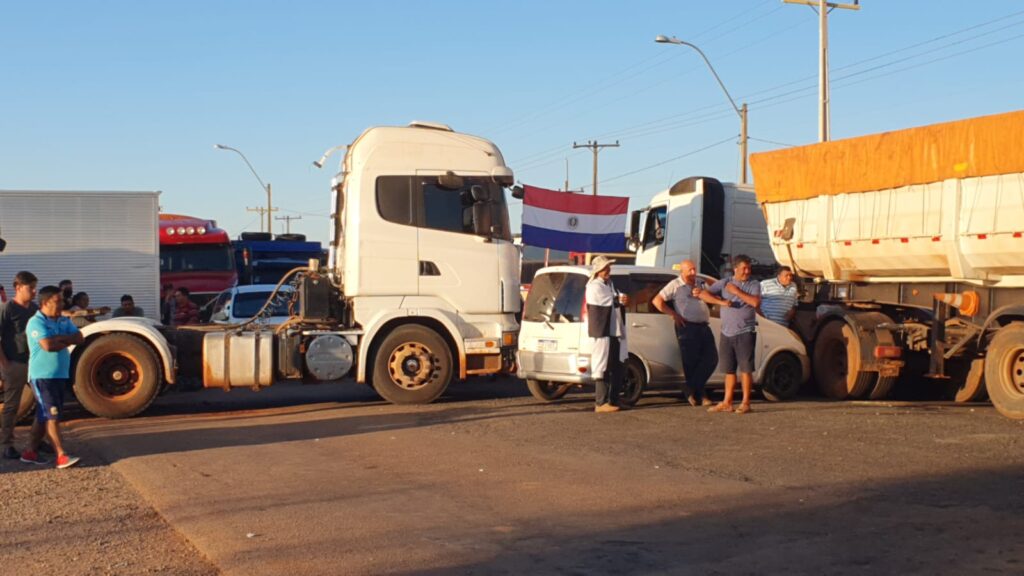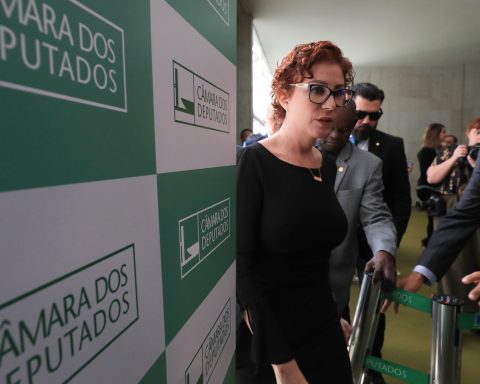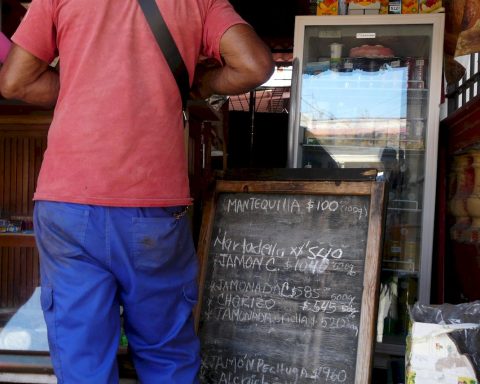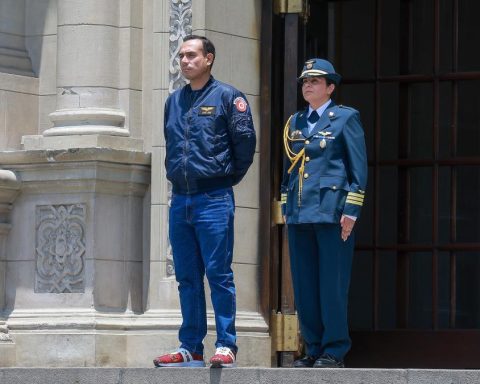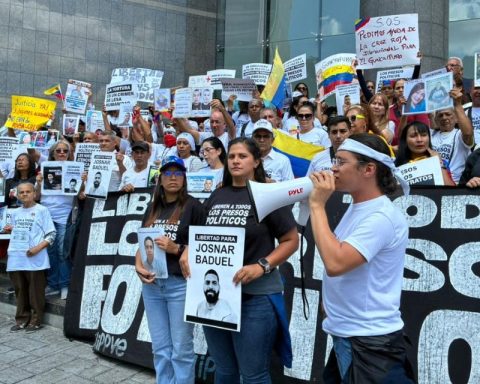T
All wars have a logic of negative sum, a perverse lose-lose scheme, but in the case of the conflict in Ukraine, after the country itself was invaded, the most affected are the developing countries, their vulnerable economy, and especially the cost of basic food. It is collateral damage that is often overshadowed by direct destruction. on-site
Of course, the loss of human life, the destruction of homes, the mass exodus and the loss of tranquility of the millions of Ukrainians who today suffer from the horrors of war and the cold calculations of world geopolitics.
Immediately we must become aware of the reactivated threat to the existence of all humanity, due to the resurgence of the risk of a universal nuclear conflagration, as we discussed in this space for reflection.
However, we must also highlight, and seek to reverse, the enormous damage that the war in Ukraine is having on the world economy, and very particularly on the already difficult living conditions of developing countries, starting with the most Indispensable: food.
Indeed, the price of wheat and other staples has skyrocketed, threatening the poorest people in developing countries. It is a life altered by a different route than physical aggression, but a real affectation that can also be lethal.
Ukraine is the third largest exporter of wheat and corn in the world. The price of the former, especially, has risen every day to reach its all-time highs. On the Chicago Stock Exchange, the most important place for trading agricultural products, that grain now costs 50 percent more than it did before the Russian attack on Ukraine.
The reason is very simple: the enormous specific weight of the two contenders in the world market for the supply of this basic cereal, Russia and Ukraine together have a huge share of about a third of world consumption.
according to Matin Qaim, director of the German Center for Development Research.
As the world expert in agricultural economics explains, the impact on the cereal market is just beginning, since most of it from Russia and Ukraine is exported in summer and autumn, so the big problems are yet to come
.
Russia is also a major producer of potassium, an element used in fertilizers, which has a direct impact on the cost of inputs in the production process of staple foods.
This war, therefore, will cause the price of wheat to rise even more, which will be a big problem for developing countries that depend on imports of this type of food. Lebanon and Egypt import most of their staple foods, often 70 to 90 percent. Kenya also relies on foreign wheat purchases, up to 80 percent.
In Latin America there will also be serious effects. Banana exporters in Ecuador, meat producers in Colombia, and fertilizer importers in Brazil face a similar problem. Russia’s invasion of Ukraine has put the value chain and income of millions of people at risk.
Both countries bought almost a quarter of the bananas that Ecuador exports, but with the devaluation of the Russian currency and the crisis in those economies, imports have been affected and could be interrupted.
Brazil purchases more and more fertilizers from Russia to grow soybeans and other products, and will have great difficulty in meeting the needs of this input for its agricultural production.
In the global analysis, the increase in inflation is one of the largest indirect effects of the war in Latin America. More serious problems would result from inflation, which is why for Benjamin Gedan, deputy director of the Latin American Program at the Wilson Center Study Center, there is strong discontent in the region and large-scale protests could break out anytime, anywhere
.
Specifically, in Mexico, steel ranks second among the most exported Russian products to Latin America, and it is our country that buys it the most.
Russia, being a major producer of aluminum and palladium – an element used in catalytic converters – could affect the production chains of the automotive industry, a scenario that would have repercussions in Mexico.
According to experts, given the global increase in the price of energy, the cost to public finances of maintaining the price of gasoline could rise to more than 200 billion pesos in the year. Faced with the uncertainty caused by the war, the Bank of Mexico reduced its growth estimate for the Mexican economy in 2022 from 3.2 to 2.4 percent. Similarly, the Organization for Economic Cooperation and Development cut its growth forecast for 3.3 to 2.3 percent.
In short, it is imperative to build a civilized solution to the war between Russia and Ukraine, for the good of those directly affected, for the risks of a global nuclear-scale conflagration, and for the economy of the poorest.
*President of the Colosio Foundation











